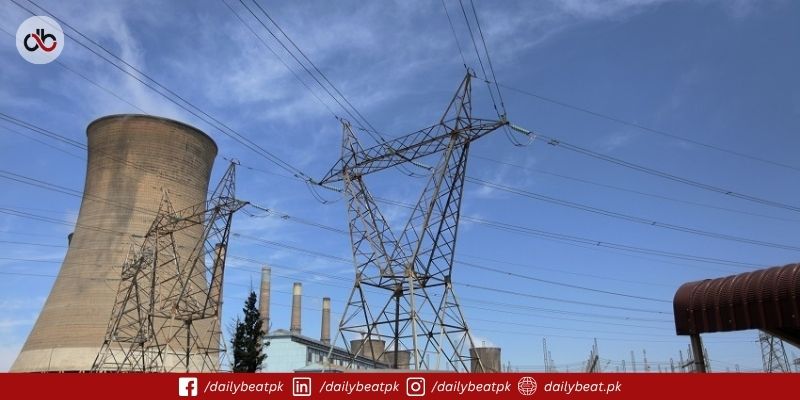In a major step towards energy sector reforms, 61 government‑owned scrap power plants sold for a total of Rs46.73 billion. The Power Division confirmed the development on Friday, stating that the move will help reduce financial burden on the national economy.
These power plants, which had become non-operational, were previously costing the government billions of rupees in annual expenses. The scrap sale has not only generated significant revenue but also reduced recurring losses.
According to officials, the disposal of obsolete assets was carried out in two phases. In the first phase, 31 units were auctioned for Rs8.475 billion, surpassing the reserve price of Rs7.593 billion. Contracts for this phase have already been signed with successful bidders.
The second phase included the sale of scrap from 30 more units. These were auctioned for Rs38.255 billion, slightly above the reserve price of Rs38.224 billion. The thermal power plants covered in this round include Guddu II, Jamshoro Block I & II, Sukkur, Muzaffargarh Block I & II, Quetta, and Faisalabad.
The reserve price for scrap from all 61 units was initially set at Rs45.817 billion, assessed by experts from the State Bank of Pakistan. The final figure exceeded expectations by almost a billion rupees.
Employees from the closed plants are being reassigned to various electricity distribution companies. This step ensures better use of their skills and reduces the risk of job losses.
In parallel, Pakistan is also working with China to cut power generation costs. China has agreed to shift three major coal-based power plants from imported coal to local coal. These plants, Sahiwal, Hub, and Port Qasim, are among the costliest electricity producers in the country.
This combination of asset disposal and fuel source conversion is seen as a strategic move to stabilize Pakistan’s power sector.
For more details, read how the revised solar policy is set to be reviewed by the Prime Minister soon.















